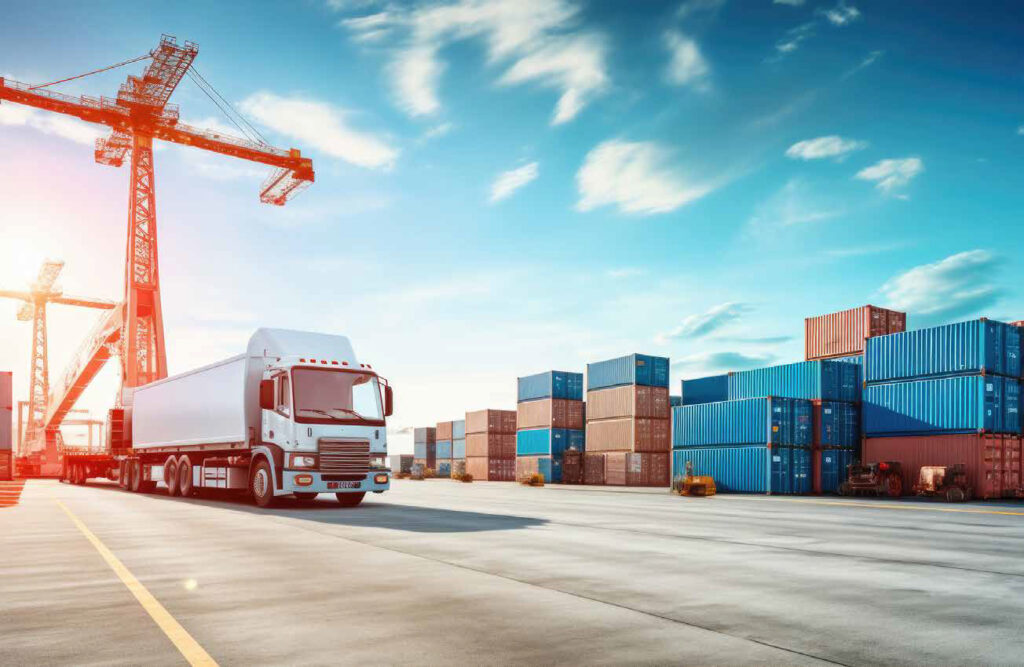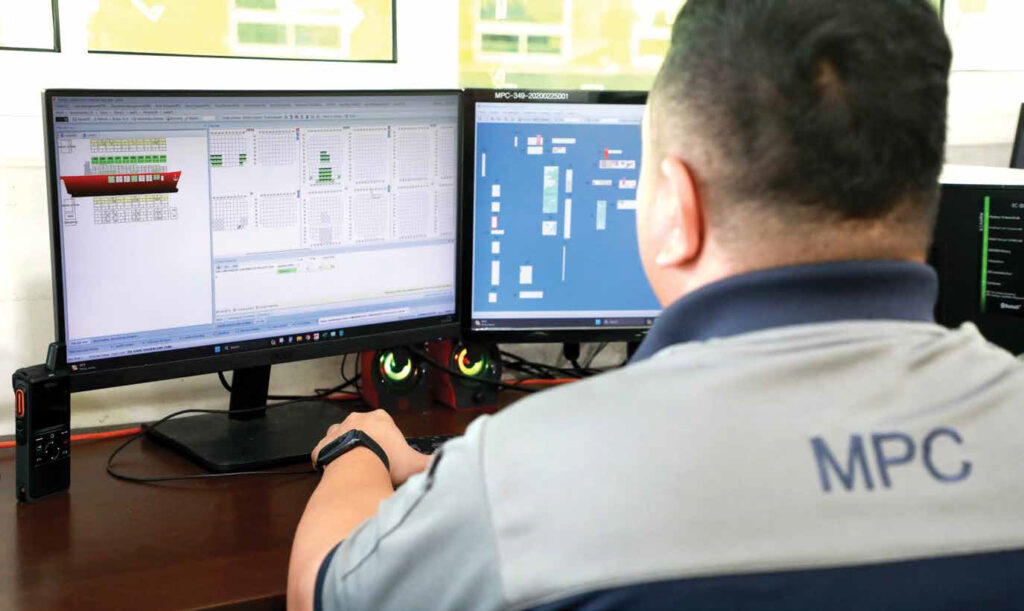Financial services
As one of the largest financial institutions in the country, Bank Islam Brunei Darussalam (BIBD) has always been committed to supporting the development of local start-ups.
The bank’s SME360 platform is a comprehensive banking solution that complements the needs of businesses. It provides access to a dedicated relationship management team, financial solutions as well as digital payments, in support of the nation’s drive towards becoming a Smart Nation powered by a digital economy.
BIBD Mastercard Payment Gateway Services are also offered to micro, small and medium enterprises (MSMEs) wishing to receive digital payments, which is particularly useful for startups who hope to scale up and offer their services beyond the local market where the bank offers this at little to no cost, along with existing digital payment solutions such as QuickPay and physical credit card terminals.
In addition to BIBD, Baiduri MerchantSuite (by Linkly) is an affordable, secure platform specially designed to allow businesses to accept payments online without having to build an expensive e-commerce website. With the ability to process payments from Visa, Mastercard and American Express cards, this platform offers different packages to suit businesses of all sizes, including micro and small businesses. More established e-commerce merchants can also benefit from Baiduri’s payment gateway service, which enables shoppers to pay for their online purchases using Visa, Mastercard, UnionPay and American Express cards.
Standard Chartered Straight2Bank (S2B) is a fully-integrated internet banking platform that allows users to perform transactions. It is suitable for businesses with heavy payment requirement seeking a convenient online platform.
Logistics and Transportation
Several initiatives have been made to modernise the logistics and transport system in Brunei Darussalam. One such initiative is the establishment of the Muara Port Company Sdn Bhd (MPC) in 2017 to operate the Muara Container Terminal, which is the country’s only seaport. In addition to operating the port, MPC also diversified its business, expanding its operations to land logistics and storage of specialised goods.
 Other initiatives include the establishment of the Maritime and Port Authority of Brunei Darussalam (MPABD) as a statutory body responsible for the management, administration and security of maritime affairs and ports of Brunei in line with the requirements of international standards.
Other initiatives include the establishment of the Maritime and Port Authority of Brunei Darussalam (MPABD) as a statutory body responsible for the management, administration and security of maritime affairs and ports of Brunei in line with the requirements of international standards.
In July 2023, a memorandum of understanding (MoU) was signed between MPC and Brunei Darussalam–Indonesia– Malaysia–Philippines East ASEAN Growth Area (BIMP-EAGA) Business Council (BEBC) Brunei to establish a BIMP-EAGA transshipment hub in the country. The deal is set to enhance connectivity, support trade, tourism, and investment in the BIMPEAGA sub-region by leveraging the existing infrastructure of the West Economic Corridor (WEC) and North-Western Economic Corridor (NWEC). Another MoU in the field of merchant shipping and port operations was recently signed between MPABD and the Directorate General of Sea Transportation (DGST) of Indonesia’s Ministry of Transportation. Through the MoU, the two countries aim to foster closer cooperation in projects to enhance sea connectivity between the two countries and promote sustainable direct trade activities.
With regards to transportation, a series of surveys were launched in December 2023 by the Ministry of Transport and Infocommunications (MTIC) in cooperation with Universiti Teknologi Brunei (UTB) and the Land Transport Department (JPD). The survey aimed to obtain views and input from stakeholders toward establishing a long-term strategy in creating an efficient connectivity system.
Muara Port Company
In the realm of global trade, the efficient and seamless movement of goods is vital for ensuring the effectiveness and efficiency of international trade in fostering economic growth and development of nations via interconnected maritime routes. Seaports, functioning as crucial nodes in the expansive digital system, play a pivotal role in facilitating the smooth flow of goods across the world.
 Since its establishment in 2017, Muara Port Company Sdn Bhd (MPC) has been actively shaping Muara Port’s future by implementing innovative digital initiatives to adapt to the demands of modern trade in the digital age. As part of MPC’s digitalisation strategy, Terminal Operating System (TOPS 5) was introduced in 2018. The system facilitates seamless communication between various operational aspects and enhances decision-making processes by providing comprehensive and real-time data.
Since its establishment in 2017, Muara Port Company Sdn Bhd (MPC) has been actively shaping Muara Port’s future by implementing innovative digital initiatives to adapt to the demands of modern trade in the digital age. As part of MPC’s digitalisation strategy, Terminal Operating System (TOPS 5) was introduced in 2018. The system facilitates seamless communication between various operational aspects and enhances decision-making processes by providing comprehensive and real-time data.
Muara Port’s digitalisation journey continues with the introduction of Electronic Data Interchange (EDI) to ease communication and data exchange with shipping companies. The adoption of EDI stands out as a transformative measure aimed at minimising errors in document exchange and ensuring the receipt of accurate data, given the secure locking of files and the prevention of alterations by external parties.
In sync with ongoing industry trends, MPC is strategically exploring ways to redefine the maritime landscape. This includes the potential of creating a singular window to enhance collaboration among port stakeholders and users in the future as part of the ongoing initiative of EDI. The concept of a single-window interface, facilitated by the implementation of EDI, consolidates disparate communication channels into a centralised platform accessible to shipping companies, freight forwarders, customs and the relevant authorities. This unified hub serves as a comprehensive and real-time repository of information, fostering collaboration and providing stakeholders with unparalleled visibility into the intricacies of the supply chain.
The single-window also extends its transformative impact beyond mere operational efficiency. Port users, navigating the complexity of international trade, will experience a simplified and user-friendly interface for the submission and retrieval of documentation. This not only expedites processes but also minimises the bureaucratic hurdles traditionally associated with cargo applications and port operations. In essence, Muara Port’s creation of a single-window interface through the integration of EDI systems represents a paradigm shift in port management, prioritising efficiency, transparency, and usercentricity, aligning Muara Port with the evolving demands of modern maritime logistics.
MPC’s forward-thinking and innovative approach to digitisation and successful implementation of technologies such as TOPS 5 and EDI systems, underscores its unwavering commitment to revolutionising the maritime industry. This strategic embrace of digitalisation ensures MPC’s preparedness to handle increased trade volumes and establishes itself as a pivotal transshipment hub, fostering economic growth and seamlessly aligning with the evolving demands of modern global trade logistics in Brunei Darussalam.
As MPC navigates the course toward the maritime modernisation, the strategic plan for the single-window interface aims to enhance transparency and create a centralised platform. Muara Port is steadfastly advancing towards realms of maritime evolution while poised to lead with efficiency and innovation in the dynamic seascape industry.
